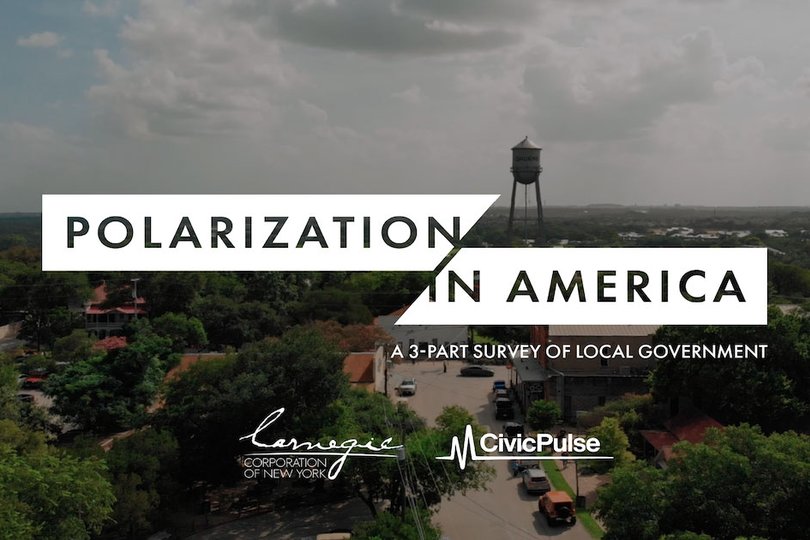Carnegie Corporation of New York established the Carnegie Commission on Preventing Deadly Conflict in May 1994 to address the looming threats to world peace and to advance new ideas for the prevention and resolution of deadly conflict. The commission’s findings on interstate and intrastate conflicts are largely responsible for the UN’s adoption of a worldwide culture of prevention meant to shape decent human relations at every level. Its final report, Preventing Deadly Conflict, was published in 1997.
In a related project, the commission invited five world leaders, including former president Jimmy Carter, to offer their perspectives on leadership and the prevention of deadly conflict, published in the subsequent volume, Essays on Leadership, in 1998. Carter’s essay, “Searching for Peace,” featured a list of 15 Principles for Peacemakers, which had been developed over the previous decade or so at the Carter Center, which the Corporation helped establish in 1982.
Carter’s vision of peacemaking is seasoned, clear-eyed, and realistic — but always hopeful. It is also pragmatic. In “Searching for Peace,” he writes:
"With a deep and consistent commitment to peace, a powerful and admired America could have a tremendously beneficial influence on troubled regions of the world and could help both to resolve and to prevent needless wars. Many political (but not necessarily military) leaders disagree with these ideas and consider them weak, naive, and overly idealistic. But in our work for the Carter Center, we witness firsthand the eagerness of people in war-torn or suffering nations for the peaceful interposition of American power. Such involvement would often be unsuccessful and frustrating, at times even politically unpopular. But peace efforts are closely related to all our ideals and moral values: human rights, freedom, democracy, and the alleviation of human suffering. Even when such efforts end in failure, they can greatly improve the reputation and influence of our country in areas of the world that do not share our own high opinion of America."
Sheila Enright is communications coordinator for Carnegie Corporation of New York, assisting with research, writing, editing, project and production coordination, and content creation.



